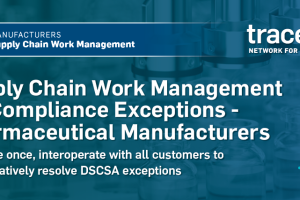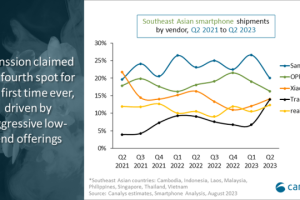Rising levels of education and awareness have made ‘self-care’ and ‘self-medication’ for the prevention of illness and the management of wellness popular with the help of easy availability of information online as well as over-the-counter medicines. Self-care is the practice of taking of drugs, herbs or home remedies on one’s own initiative, or on the advice of another person, without consulting a 
Almost everyone treats simple conditions like headache or acidity by popping pills generally known as over-the-counter (OTC) pills. Self-medication can be termed ‘responsible’ while taking medicines which are classified as ‘over-the-counter’ medicines or ‘non-prescription’ medicine. However, the problem arises when one starts extending this practice to medicines which should be taken strictly on the prescription of a doctor. Such practices can be classified as irresponsible self-medication which can have many risks like wrong self-diagnosis, adverse reactions, dangerous drug interactions, wrong dosage and sometimes dependence. This can lead to worse consequences such as serious health issues which can go undiagnosed and untreated with irresponsible self-medication.
This dangerous trend has been unfortunately seen in the treatment of infections too. In India, people have begun to self-treat infectious diseases too. The quest for quick relief has instigated us to self-medicate with antibiotics at the first sign of an infection, regardless of whether they are really needed. A report published in the journal The Lancet Infectious Diseases, said that between 2000 and 2010, consumption of antibiotic drugs increased by 36%. India being a major contributor accounted for 76% of this increase.1
The reason behind this may be that the competitive pace of modern lifestyle demands such as meeting deadlines and commitments cannot be delayed. This mind-set has driven the irrational and unwanted use of antibiotics. Also, there is tendency to discontinue the antibiotic before the full course is complete or at times, use higher antibiotics when they are not really needed. Even in conditions like viral infections or sore throat because of viral infections where antibiotics are really not needed, people are gulping them as if they are health foods and this has led to widespread antibiotic resistance. Micro-organisms are no longer susceptible to an array of antimicrobials due to faulty self-medication techniques. Consumers are using antibiotics for even a simple sore throat that can be treated with a throat spray or lozenges or even simple warm salt water gargle. This can have future repercussions on community health as antimicrobial resistance can lead to failure of antibiotics effectivity when they are really necessary.
A study2 published in 2013 showed that irrational use of antimicrobial agents against infectious diseases, has led to an increase in antimicrobial resistance in India.2 The World Health Organisation (WHO) has raised an alarm seeking urgent and concrete measures to arrest the rising problem of resistance. In order to address this, the Ministry of Health and Family Welfare has launched a public awareness campaign which aims at highlighting the dangers of irrational use of antibiotics. As part of this initiative antibiotics packs are marked with vertical red line indicating that these are to be sold on prescription only. Consumers are expected to respect this red line and not consume antibiotics without a prescription. Also they should complete the full prescribed course of antibiotics. Similarly, chemists and pharmacists are also expected to follow the red line and not to sell these medications without a legit prescription. Ideally solutions which can provide symptomatic relief like throat sprays can be advised in initial days of infection.
Bacterial resistance is a global phenomenon. Each of us has the individual responsibility to do our bit to curb bacterial resistance by strictly refusing to cross the red line and restricting use of antibiotics. After all, it is for our own good.
Inputs By Dr. Anjali Salvi



























